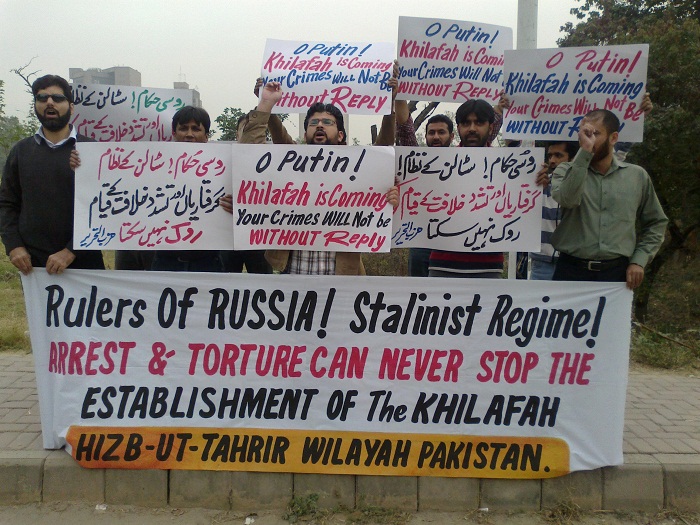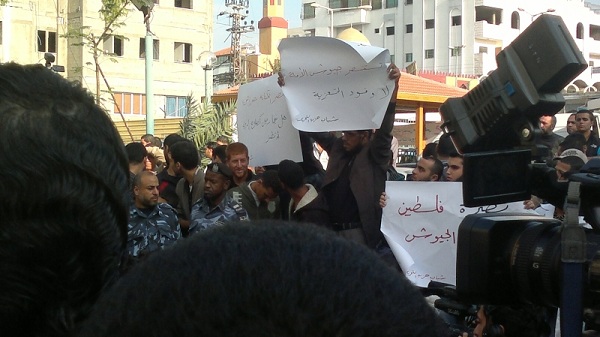November marked another troubled month for General Kayani, the American agent installed over the world's largest Muslim armed forces, in Pakistan. Besieged by mounting anger from within the armed forces and the masses in general, stripped of any justification for his actions, Kayani was reduced to calling people to support him. On 5 November 2012, Kayani declared, "Armed forces draw their strength from the bedrock of the public support ... Equally important is the trust between the leaders and the led of the armed forces." Public reaction to the speech was hostile and it was quickly clear that Kayani's weak defense only firmed up opposition to Kayani and his blind subservience to America. The social media and the Pakistani street was full of citations of Kayani's treachery, from opening the country to American intelligence, military and private military organizations, to sacrificing our civilians and armed forces' personnel to shore up America's illegal and brutal occupation of Afghanistan.
Kayani's plight as leader of the Muslim armed forces reflects that of America's hold of the Muslim World through its agents- precarious, collapsing, if it has not collapsed already. America and its puppets are now engaged in futile efforts to delay the inevitable rise of Islam in the Muslim world, supported by its armed forces. Indeed, for years, the colonialists themselves have realized that the Khilafah "Caliphate" could arise in Pakistan at any time. In an interview in March 2009, David Kilcullen, advisor to the US CENTCOM commander, said, "Pakistan has 173 million people, 100 nuclear weapons, an army bigger than the US Army...We're now reaching the point where ... we could see the collapse of the Pakistani state...an extremist takeover -- that would dwarf everything we've seen in the war on terror today." And in November 2009, the article, "Defending the Arsenal, In an unstable Pakistan, can nuclear warheads be kept safe?" stated, "The principal fear is mutiny-that extremists inside the Pakistani military might stage a coup..." A senior Obama Administration official brought up Hizb ut-000...whose goal is to establish the Caliphate (Khilafah "Caliphate"). "They've penetrated the Pakistani military and now have cells in the Army." And these opinions came before American aggression in the form of the Raymond Davis outrage, attack on Abbotabad, attack on Salala check-post, and surging drone attacks; all consolidated the demise of American influence within the armed forces and the people.
With emotions within the Muslim world heightened by the defiance of the Muslims of Syria who seek Islamic rule and the pathetic, criminal response of the Muslim rulers to the Jewish state's vicious attack of Gaza, it is only a question of time inshaaAllah before the Ummah restores its state, the Khilafah "Caliphate", with the Nussrah from its armed forces. The only guesswork left now, that keeps the colonialists up at night, is where it will arise first. And each word and speech by the agent rulers at this time only hastens their demise and adds to the crimes for which they will be tried soon inshaAllah.
(( لِيُحِقَّ الْحَقَّ وَيُبْطِلَ الْبَاطِلَ وَلَوْ كَرِهَ الْمُجْرِمُون ))
"That He might cause the truth to triumph and bring falsehood to nothing, even though the criminals hate it." [Surah al-Anfaal: 8]
Musab Umair - Pakistan











